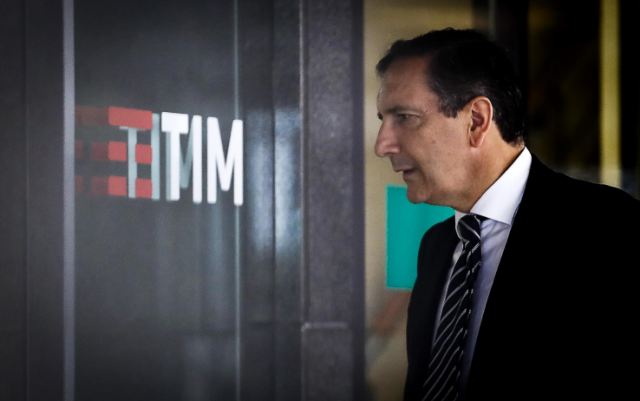Telecom Italia on Sunday announced the appointment of Luigi Gubitosi as the new CEO of the troubled telecom operator in Italy after sacking Amos Genish from the top position last week.
 Amos Genish, who was appointed by French media group Vivendi last year, was the third CEO to leave the telecom group in as many years.
Amos Genish, who was appointed by French media group Vivendi last year, was the third CEO to leave the telecom group in as many years.
U.S. activist investor Elliott Management, which grabbed control of the board and some stake, is supporting Luigi Gubitosi. The new investors had pushed for the spin off of the company’s fixed line network (NetCo) and the sale of other assets, Reuters reported.
The report indicates that Amos Genish, who was sacked without even presenting himself during the board meeting while he was away in Korea, faced conflict with some of his fellow board members over strategy at the former state phone monopoly. The strategy of Amos Genish was in the operational turnaround of TIM.
Genish, who is one of the board members of TIM, on Sunday said he would seek support to call shareholder meeting as soon as possible to ask investors to vote on which strategy they prefer: his focused on organic growth or one he said would bring about a “dismantling of TIM”.
Gubitosi, a former CEO of telecoms group Wind, said he would seek to “boost cash-flow generation, cut debt and examine with care and speed the project for the creation of a single network”.
TIM’s main shareholder is French media group Vivendi. Vivendi chief executive Arnaud De Pufyontaine said the French investor has no intention of selling its stake in TIM.
Spin off troubles
A draft amendment to a government fiscal decree aims to advance the project via incentives to twin TIM’s network with small, state-backed rival, Open Fiber.
Amos Genish wants TIM to keep control of the network. This is because network is strategic both to the deployment of 5G mobile services and to the survival of the company’s service operations.
Amos Genish supports the idea of a single network provided TIM is in control of the merged entity.
The Netco, TIM’s biggest asset, is worth up to 15 billion euros ($17 billion), according to analyst estimates.
Elliott has argued that spinning it off would realize up to 7 billion euros in hidden value, attract new investors and drive a re-rating of shares. It would help TIM offload big chunks of its 25 billion euros of debt and leave behind a Capex-lighter service stub.
Italy plans to introduce a regulated asset base (RAB) for the merged network firm, allowing regulated returns on investments made.
